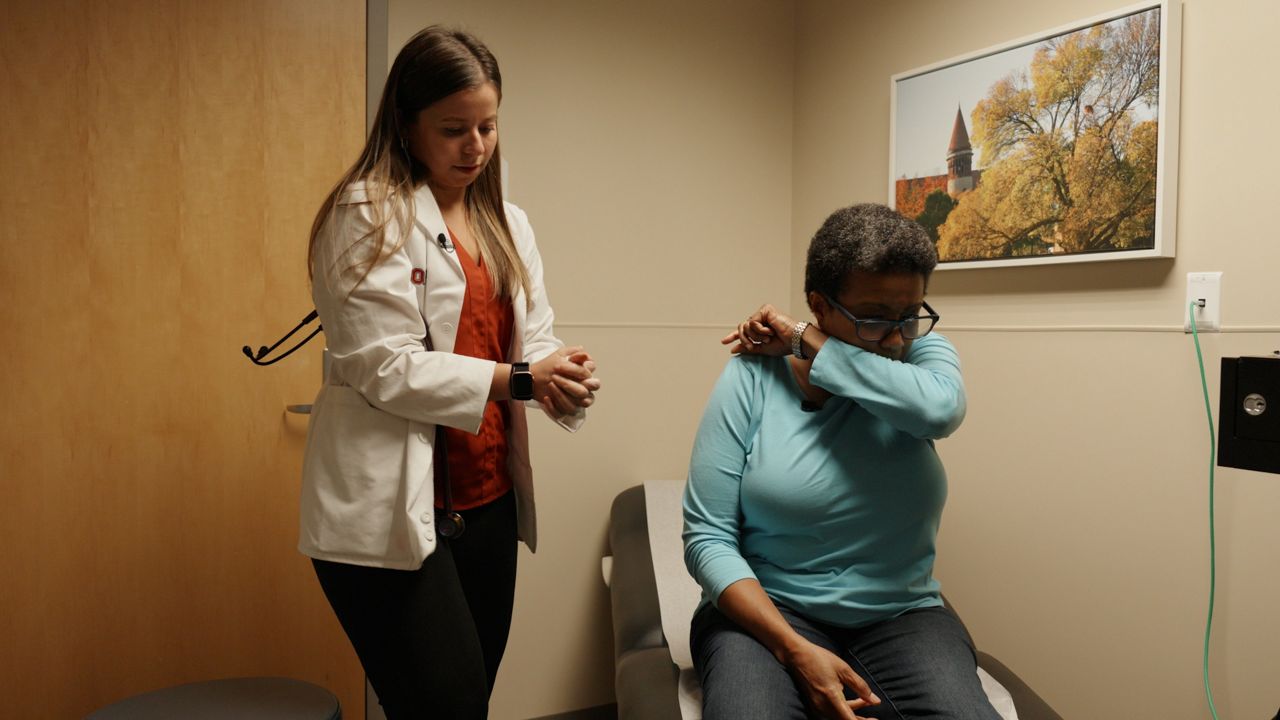
In recent months, Sudan has faced a severe crisis that has forced more than 750,000 people to flee the country and seek refuge in neighboring Chad. Chad, which has been severely affected by the crisis, is now home to 44.8% of Sudanese refugees. These refugees are living in large numbers of formal and informal camps spread across 11 health districts in Ennedi East, Ouaddaï, Sila, and Wadi Fira provinces.
The humanitarian situation in these camps is dire due to several factors that have disrupted access to essential health services. Difficult physical access, limited human and material resources, and the inability to pay for healthcare have all contributed to this problem. This situation is exacerbated by epidemics of dengue fever, measles, and hepatitis E. In total, 6,692 people have been injured and treated with support from MSF-F, PUI, ICRC, and an international emergency team deployed by the WHO.
In recent days, new fighting has been reported in Sudan that is likely to lead to more refugees seeking shelter at entry points such as Tiné and Birak in Wadi Fira province. With the rainy season approaching within three months’ time, the health situation will become even more challenging due to torrential rains that make it difficult for temporary waterways to be moved. The WHO will no longer be able to provide a coordinated health response at certain sites due to lack of access during this period.
This crisis highlights the urgent need for international assistance and cooperation from governments around the world to address this humanitarian emergency in Sudan and Chad. Efforts must be made towards improving accessibility of healthcare facilities for these refugees while working on ending violence in Sudan so that people can return home safely.
The influx of refugees into Chad poses a significant challenge for the country’s already strained resources. As such it becomes imperative that there is an increase in international aid flows towards supporting humanitarian efforts on the ground.
To ensure effective delivery of aid services it would be important for governments around the world working together with NGOs like MSF-F PUI ICRC etc., who are on ground providing critical medical care services including vaccines & medicines against dengue fever measles & hepatitis E outbreaks.
Chad must also work on building resilience measures against future crises that may arise due its proximity with Sudan.
The crisis in Darfur has led thousands of people displaced as they fled their homes due to violence caused by different rebel groups fighting against government forces.
In conclusion as a journalist it is important we continue reporting on this crisis so that we can bring attention of our leaders towards providing adequate resources towards helping those affected by war violence or any other natural calamities happening around us globally




